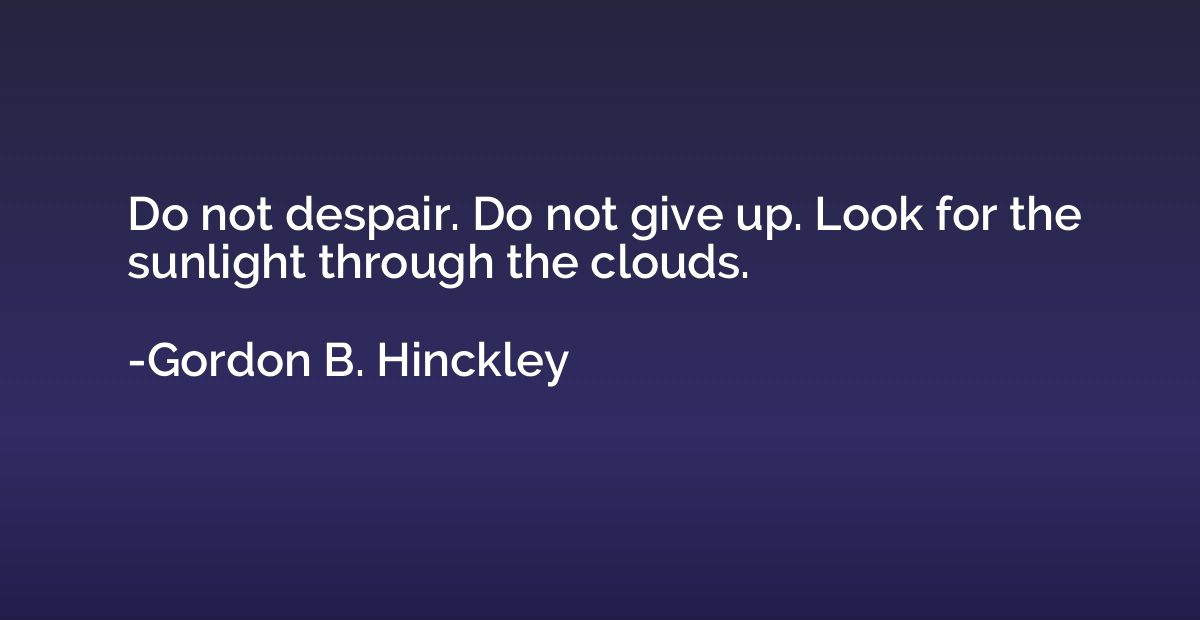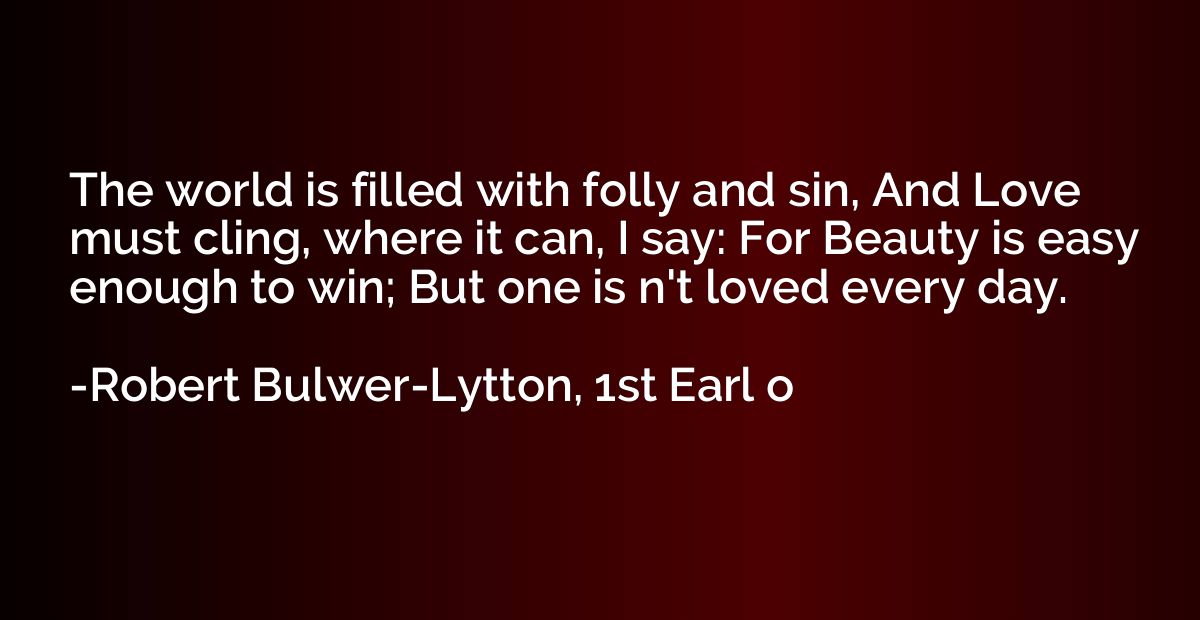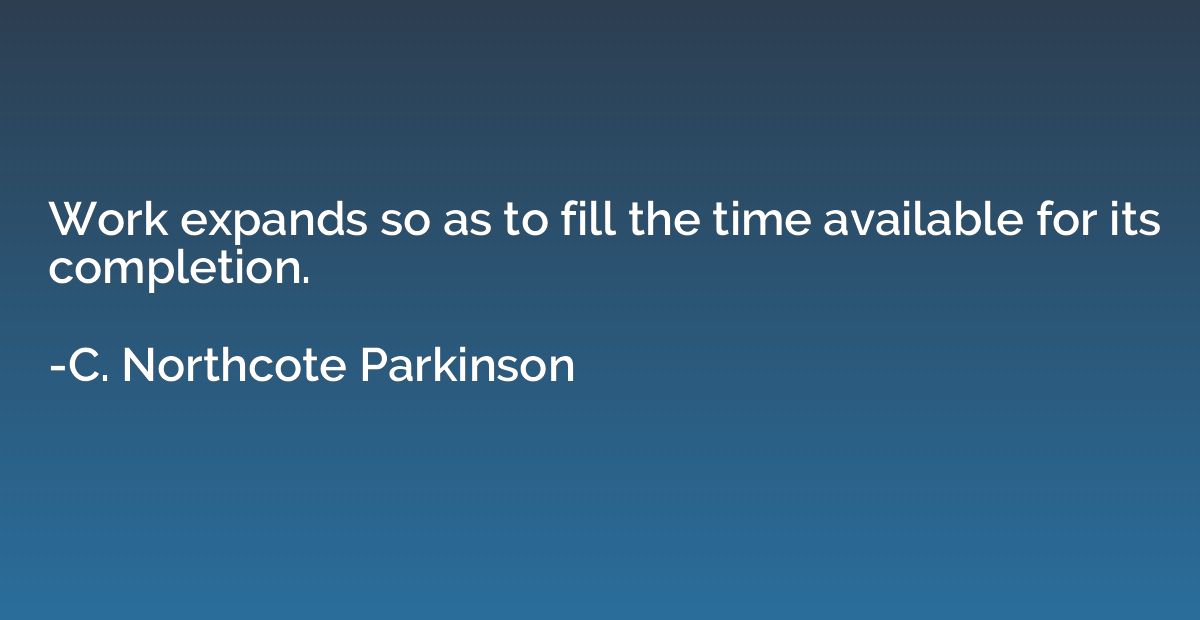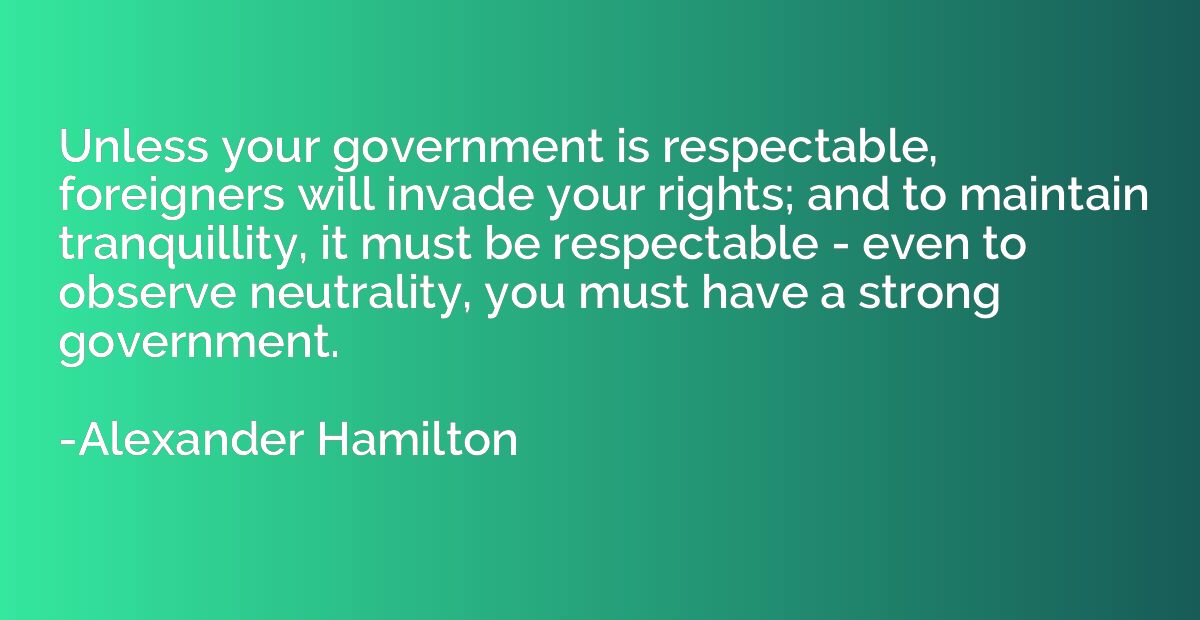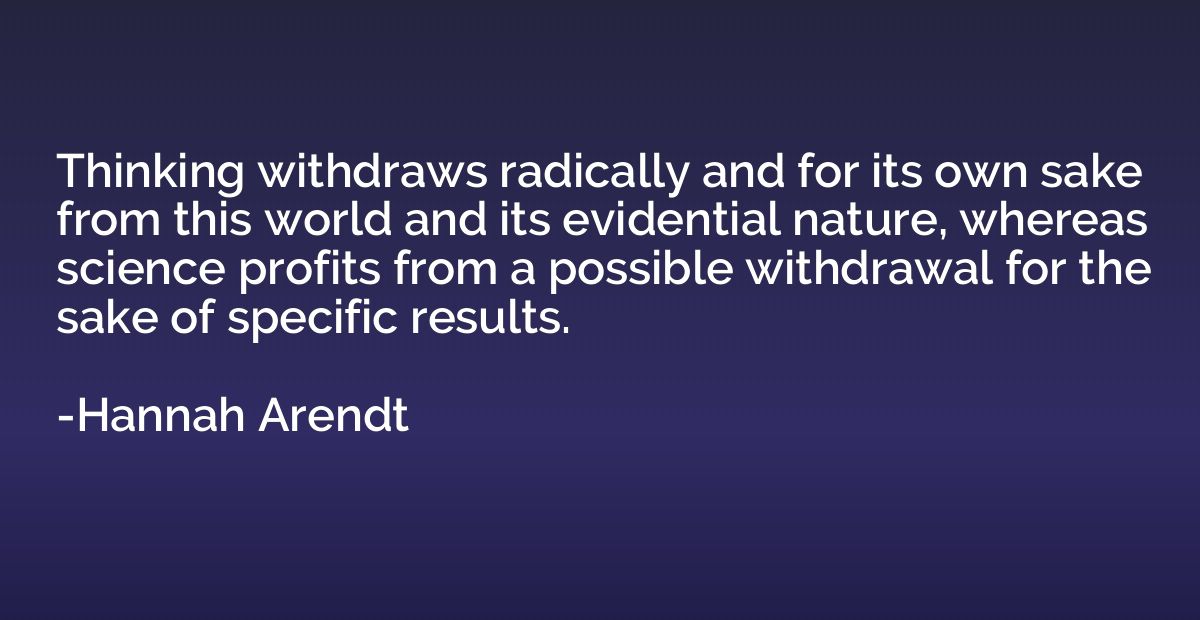Quote by John Fitzgerald Kennedy
Economic growth without social progress lets the great majority of people remain in poverty, while a privileged few reap the benefits of rising abundance.
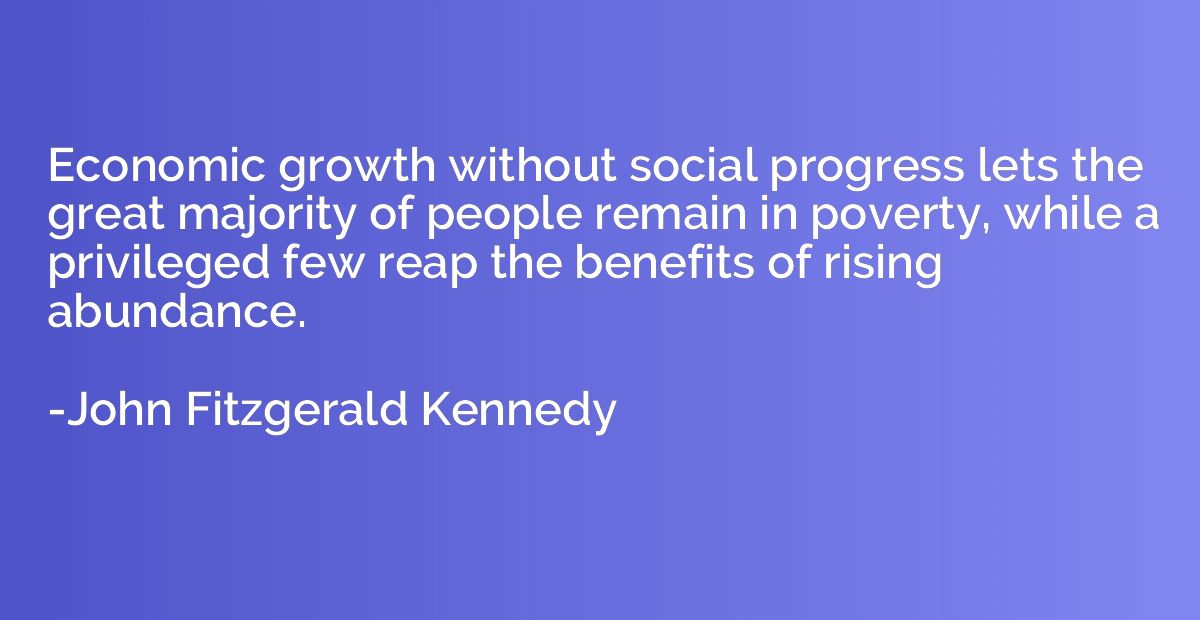
Summary
This quote highlights the potential disparity between economic growth and social progress. It indicates that when an economy experiences growth but neglects to address social issues, such as poverty, the benefits primarily flow to a small, privileged group while the majority of people continue to struggle in poverty. It emphasizes the need for inclusive and equitable development, ensuring that economic progress is accompanied by improvements in the overall well-being and living standards of all segments of society. Without this balance, economic growth alone may not effectively address societal inequalities and improve the lives of the majority.








